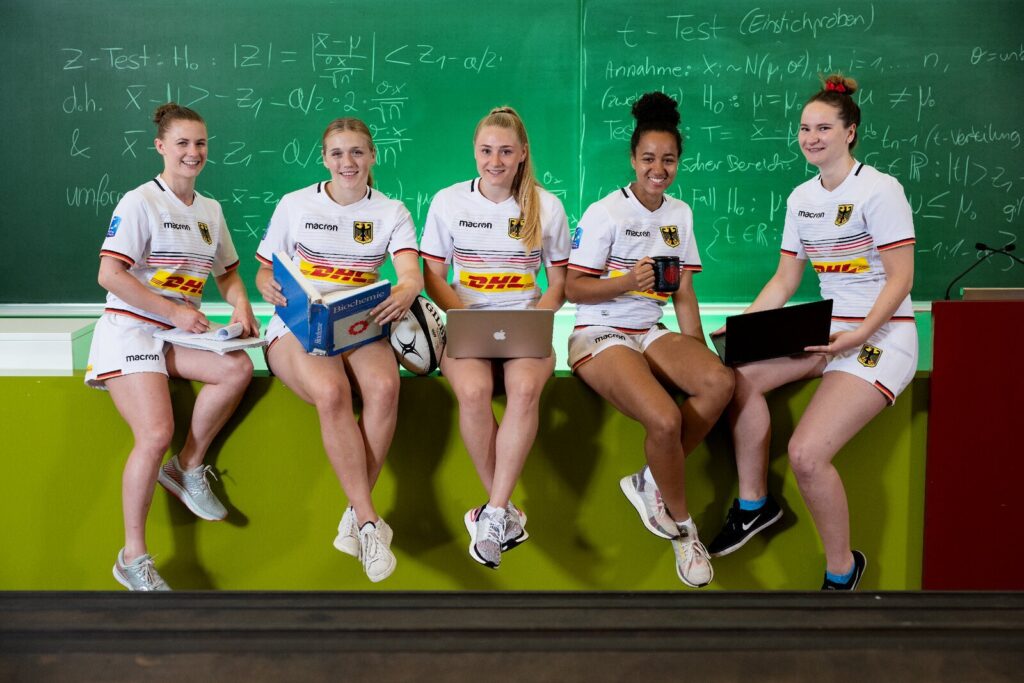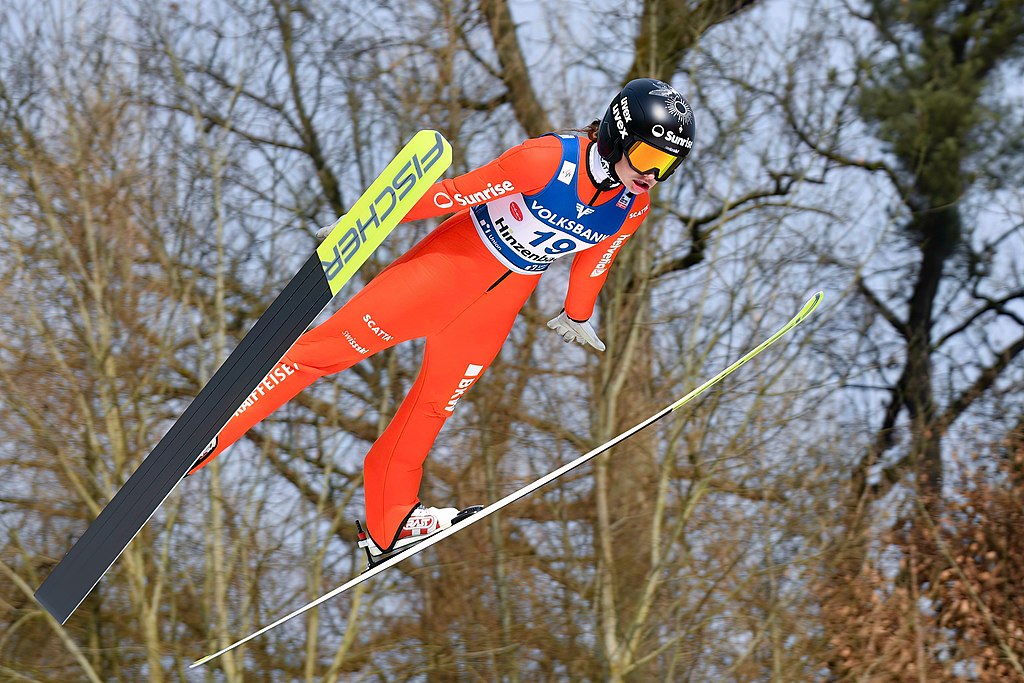In the making
INTERVIEW: EMMA VICKERS
Emma Vickers is the research lead of the English dual career organisation TASS. In our project, she is our main responsible for conducting the needs assessment. We took the chance for a flash interview with her to hear more about the STARTING 11 research.
STARTING 11: Emma, what were the thoughts behind having a research phase in this project?
Emma Vickers: The research phase of STARTING 11 is necessary to precisely understand the specific demands of different dual career stakeholders in Europe.
“We would like to understand in more detail the concrete experiences and challenges stakeholders in sport, education and the labour market have implementing dual career services.”
STARTING 11: Alongside a literature review, there will be both an EU-wide online survey and focus group interviews with athletes. What can you tell us about the former?
Emma Vickers: Our upcoming EU-wide survey has the purpose to explore the current support that is provided at the sector level to dual career athletes within the EU, and to understand which tools as part of a European Dual Career Toolkit actors in sports, education and the labour market would find useful. Based on previous research, a first composition of tools has already been developed for STARTING 11.
However, we would like to understand in more detail the concrete experiences and challenges stakeholders in sport, education and the labour market have implementing dual career services, and whether there are any tools that they believe are missing in our first draft.
STARTING 11: And the focus group interviews…?
Emma Vickers: In addition to addressing service providers as the main target group of our toolkit, uncovering athletes’ opinions across cultures will be really important. We aim to better comprehend what athletes actually need and what it takes to thrive in their dual careers. Together, this makes sure we have a really clear idea on what kind of tools we should develop.
The research phase of STARTING 11 is conducted between 1 March and 31 October 2019. In autumn, the project will publish first results.


